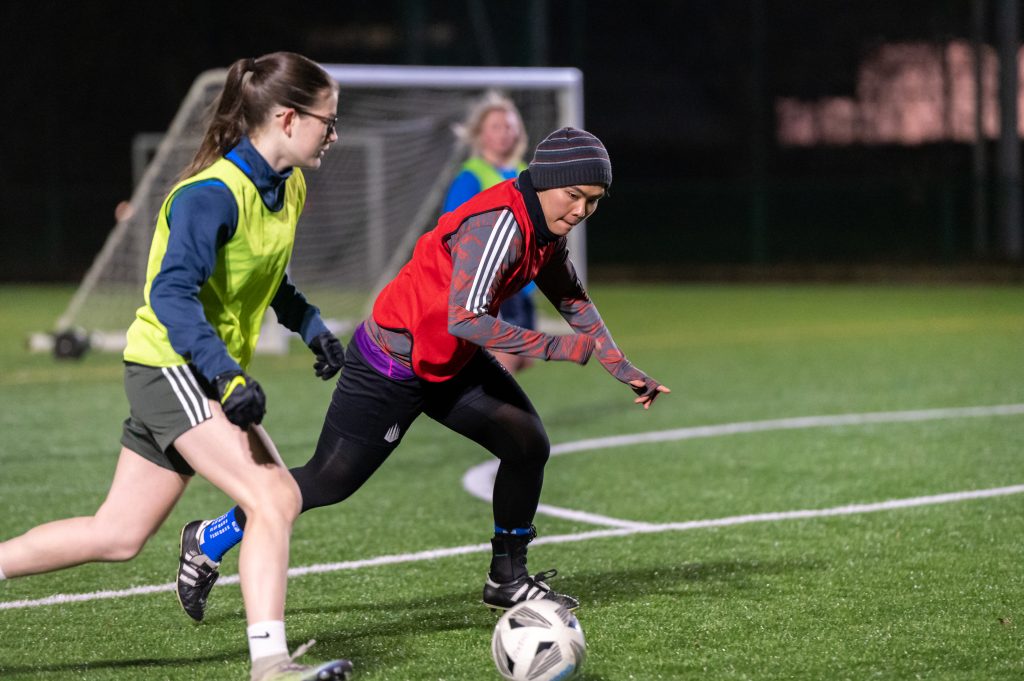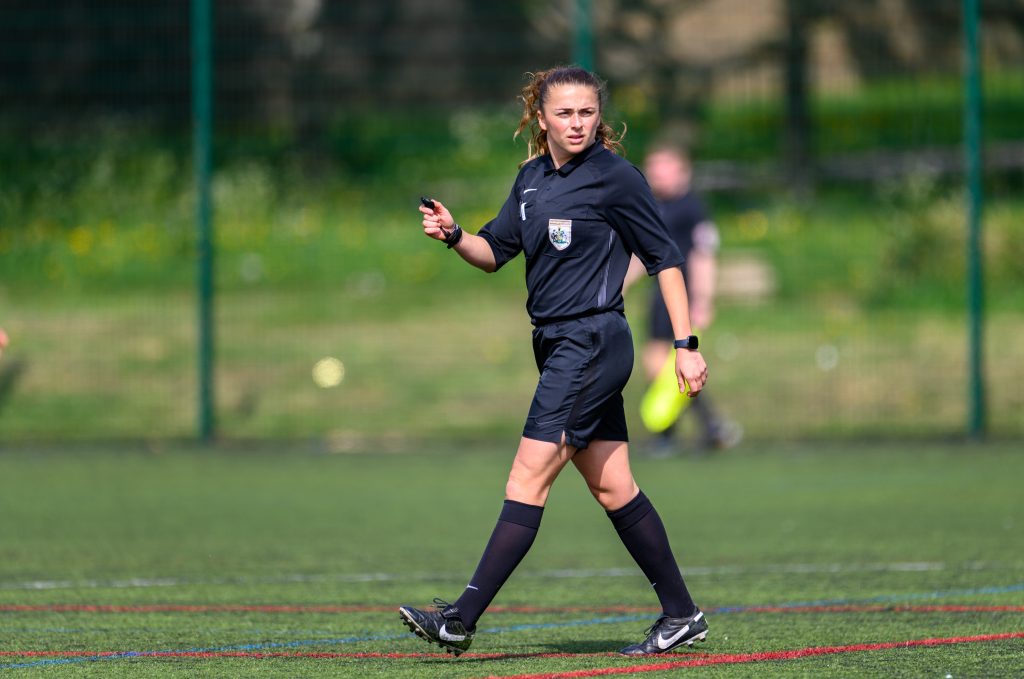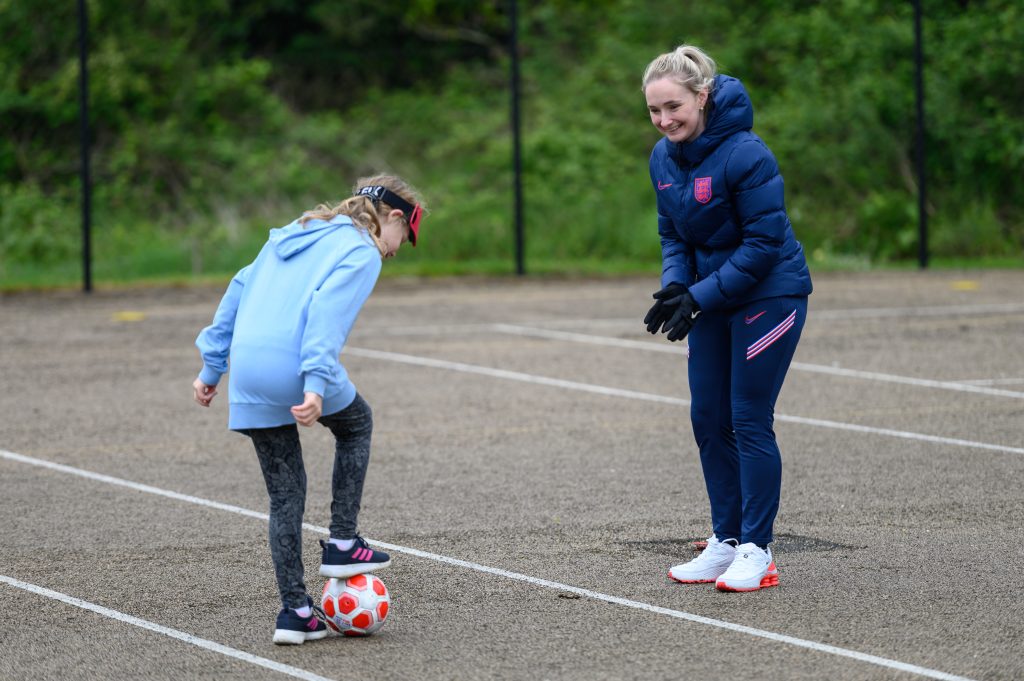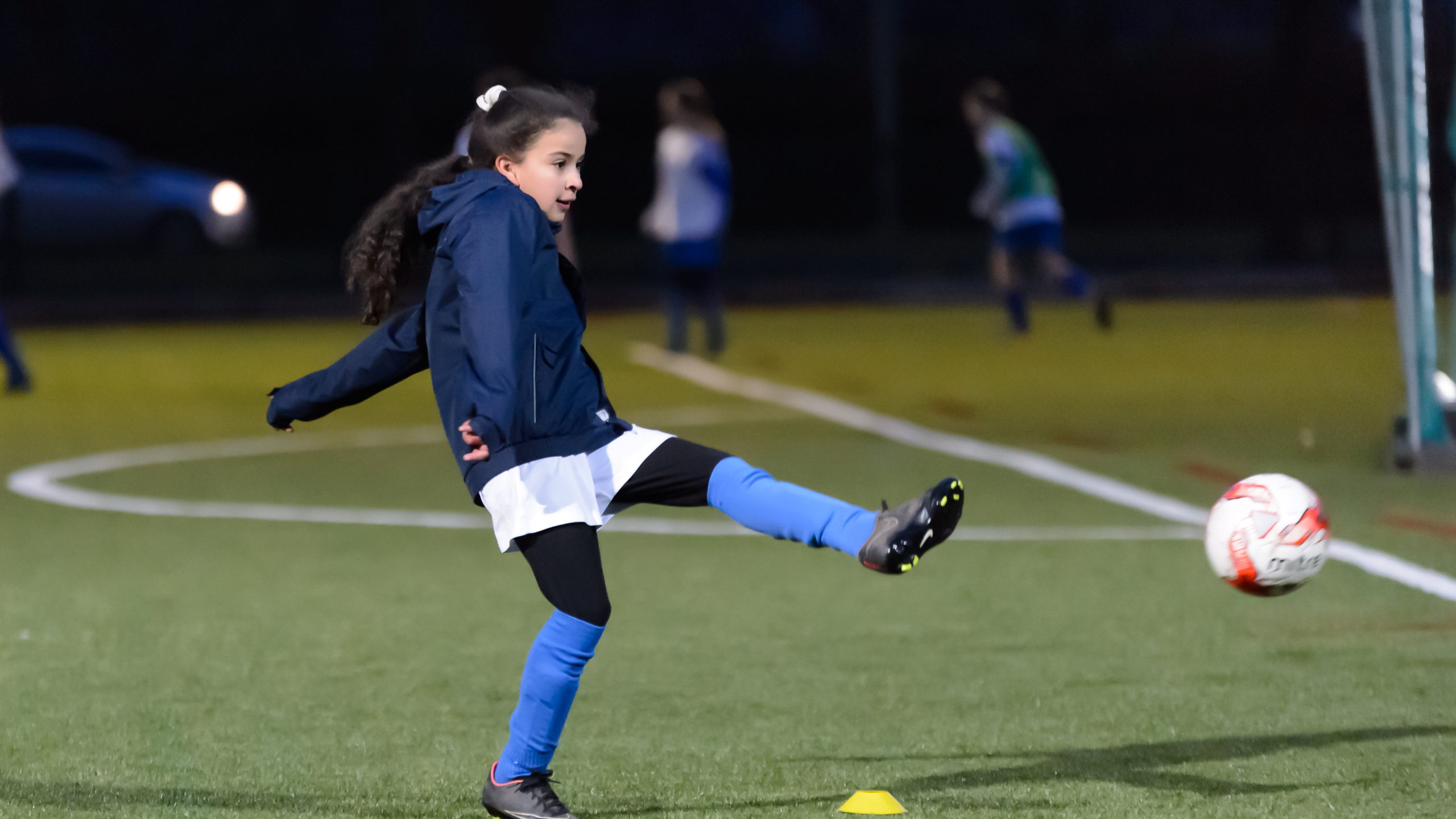
Karen Carney’s landmark review of women’s football in England has set out the ongoing gender disparities in football and we applaud the work of Karen and her team for fearlessly shedding light on these inequalities. The report’s aim was to raise minimum standards across the entire game as for too long women and girls have been relegated to the sidelines and treated as second-class citizens in their own footballing world. They’ve been conditioned to accept, and be grateful for, the meagre crumbs from a table that should rightfully be theirs. It’s time that changed. Football, our national sport, is a game in which women and girls belong. It is not just a matter of rectifying injustice; it is essential for the value it brings to their lives.
Sport can transform lives building courage, resilience and life skills, yet currently 22% fewer girls than boys play team sport. So giving women and girls opportunities in sport matters much more than a bottom line could ever matter. Women’s football, more than any other is a sport that suffered the most vicious of bans. It is rising from the ashes with immense joy and grace fuelled by the heroics of our Lionesses. But for a girl wanting to play team sport in this country the opportunities are still limited. And we cannot ignore the sexism and misogyny that remains in large parts of the game.
The report tackles some of the most challenging issues within the game and provides a start point to make positive change for all women and girls:
- Underinvestment in women’s football: From the top-level Women’s Super League through the pathway to grassroots initiatives, the entire business model needs to be transformed to support the development of women’s football. Transformational leadership is necessary to provide equal opportunities for women.
- Public funding towards facilities: Facilities funded by central government, local authorities, or organisations receiving government funds, like the Football Foundation, should focus on the needs of women and girls. We welcome the expectation that funded facilities will be audited and the recognition that the inclusion of “women and girls’ strategies” is not enough. We believe the ambition should be that as the demand grows women and girls are accessing 50% of the time available across new and existing facilities, particularly during peak times.
- Transforming girls’ experience of team sport at school: While the report acknowledges recent government announcements about access to football for girls in school, this requires more than just opening the door. Our research shows that gender stereotyping is starting young and inhibiting girls as young as five years old. Alongside lifting some schools’ bans on girls playing football there needs to be active investment to address the skills deficit resulting from early years stereotyping. This may require opportunities for girls to play team sports in single-sex environments to allow them to flourish without fear of judgement.
We believe the report should have called for gender impact reporting and gender budgeting . Fundamental and systemic change is needed within football, and across sport, to ensure that women and girls can benefit equally. The starting point must be an honest gendered assessment of expenditure budgets, to see which sex is benefitting from which lines of spending. If multi-millions are going into a facility it should be essential to monitor usage broken down by gender. This is a necessary change if the women’s game is to realise its potential. Read more about gender impact report and gender budgeting here.

The report also highlights the importance of improving diversity within women’s football, both on and off the pitch. Underinvestment restricts access to the sport, making it exclusive to affluent women and girls who can afford to buy the kit and travel to distant training grounds at antisocial hours to fit around the boys and men. Football should reflect the diversity of our society, offering local and high-quality opportunities for girls to participate.
Establishing an Independent Regulator for sport is crucial to making football safe for all women and girls. Enhanced duty of care for players in professional clubs is a positive step, but duty of care issues, including harassment and abuse, exist at all levels and are not unique to football. An independent body with the right expertise and resources can ensure a fair and unbiased process, making sport safer for everyone, particularly women and girls.
The report rightly advocates for equal treatment of women’s teams in terms of contracts, salaries, facilities, healthcare, and club support. It is unacceptable that women’s teams are still treated as second class or worse, especially in lower leagues. The incredible women who play professionally deserve everything they need in order to succeed.

Additionally, the report emphasises the need for equal marketing and broadcast coverage of women’s football. Despite growing popularity and significant live crowds and TV viewership, the women’s game continues to lack equal exposure. Requiring public service broadcasters to dedicate more of their sport coverage to women’s sport would enhance visibility and provide opportunities for women’s football to flourish.
Women’s football has never been more popular. As The Lionesses get ready to roar at the World Cup, we have a unique opportunity to build on their successes and reshape the game for future generations. Whether at Wembley, at school or in the park, football should be a game for all women and girls.




